Choosing the Best Dog Breed for Your Lifestyle
The Joy of Owning a Dog
The companionship of a loyal four-legged friend can brighten even the darkest of days. Dogs offer unconditional love, boundless enthusiasm, and an unspoken understanding that transcends words.
Why Breed Choice Matters
However, it’s crucial to realize that not all dogs are created equal. The breed you choose plays a pivotal role in determining how well your furry friend will fit into your life. Each breed possesses unique traits, needs, and quirks that can greatly impact your daily life.
Understanding Your Lifestyle

To embark on this exciting journey of choosing the perfect canine companion, you need to start by understanding your own lifestyle. Your daily routine, living situation, activity level, and family dynamics all play a vital role in shaping the ideal breed for you.
Assessing Your Daily Routine
Your daily schedule sets the stage for your dog’s life too. If you have a demanding job with long hours, a high-maintenance breed might not be the best choice. On the other hand, if you have the time and energy to dedicate to an active dog, it could be a perfect match.
Evaluating Your Living Situation

Where you live is another essential factor to consider. If you’re in a spacious home with a yard, a larger breed could be a good fit. But if you reside in a small apartment, you might want to explore smaller or more low-energy breeds.
Considering Your Activity Level
Your energy level matters as well. If you’re an avid hiker or runner, a breed that thrives on exercise, like a Labrador Retriever, might be ideal. But if you prefer a more sedentary lifestyle, a low-energy breed like a Shih Tzu could be a better fit.
Factoring in Your Family and Household
Lastly, think about your family and household dynamics. Do you have young children? Some breeds are known for their patience and gentleness around kids, making them excellent family pets. If you live alone or with other adults, you have a broader range of breed options to consider.
Dog Breeds for Active Lifestyles
For those with active lifestyles, certain breeds are tailor-made to keep up with your energy and enthusiasm.
Energetic Breeds for Active Individuals
Labrador Retriever: The quintessential family dog, Labradors are known for their boundless energy and love for outdoor activities.
Border Collie: Highly intelligent and agile, Border Collies excel in agility sports and are great companions for active individuals.
Australian Shepherd: These herding dogs are famous for their athleticism and make excellent partners for hiking or playing fetch.
Active Breeds for Families
Golden Retriever: Renowned for their friendly disposition, Golden Retrievers are perfect for families who enjoy outdoor adventures.
Boxer: With their playful nature, Boxers are ideal for families looking for a dog that loves to romp and play.
Vizsla: Known as the “Velcro Vizsla” for their affectionate nature, these dogs are a great fit for active families.
Small Breeds with High Energy
Jack Russell Terrier: Don’t be fooled by their size; Jack Russells pack a punch in the energy department and are always up for a game of fetch.
Miniature Schnauzer: These spunky little dogs have a big personality and love to stay active.
Dalmatian: Dalmatians are known for their endurance and make great running partners.
Dog Breeds for a More Relaxed Lifestyle
If your lifestyle is more on the relaxed side, there are breeds that will happily match your pace.
Low-Energy Breeds for Seniors
Basset Hound: With their droopy eyes and calm demeanor, Basset Hounds are perfect companions for seniors.
Shih Tzu: Shih Tzus are content with lounging around, making them a great choice for those seeking a laid-back companion.
Cavalier King Charles Spaniel: These affectionate dogs are equally happy curling up on the couch or going for a leisurely stroll.
Calm Breeds for Apartment Dwellers
French Bulldog: Their compact size and easygoing nature make French Bulldogs well-suited for apartment living.
Greyhound: Surprisingly, these sprinters are couch potatoes indoors and thrive in a calm, indoor environment.
Bulldog: Bulldogs are known for their low activity levels and are perfectly content with minimal exercise.
Low-Maintenance Breeds for Busy Professionals
Bichon Frise: These cheerful little dogs require minimal grooming and adapt well to busy schedules.
Pug: Pugs’ charming personalities and low-maintenance coats make them great companions for professionals on the go.
Basenji: Known as the “barkless dog,” Basenjis are independent and require minimal grooming, making them a good match for busy lifestyles.
Hypoallergenic Dog Breeds
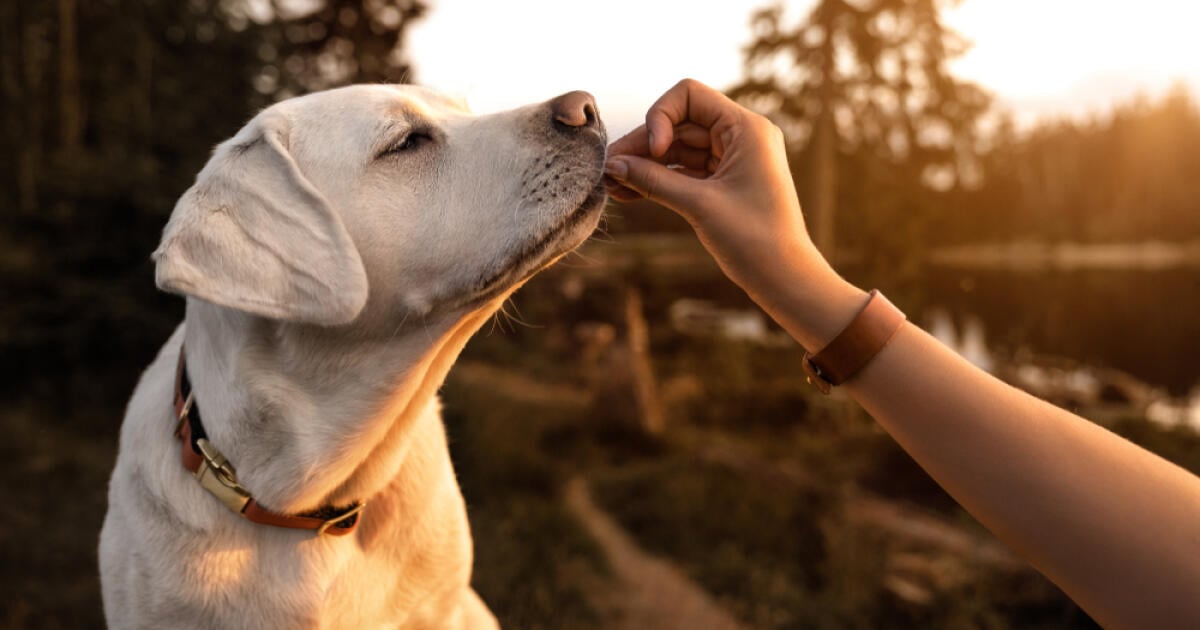
For those with allergies, hypoallergenic breeds can be a game-changer.
Exploring Allergies and Hypoallergenic Breeds
Before delving into specific breeds, it’s essential to understand the concept of hypoallergenic dogs. These breeds produce fewer allergenic proteins, making them a better fit for allergy sufferers.
Hypoallergenic Breeds for Families
Poodle: Standard, Miniature, and Toy Poodles are not only hypoallergenic but also highly intelligent and adaptable.
Maltese: With their silky coats and gentle disposition, Maltese dogs are a top choice for allergy-prone families.
Portuguese Water Dog: These energetic dogs are not only hypoallergenic but also excellent swimmers and outdoor companions.
Hypoallergenic Breeds for Singles and Seniors
Yorkshire Terrier: Yorkies are not only hypoallergenic but also affectionate and a perfect fit for singles or seniors.
Shih Tzu: These friendly dogs, with their minimal shedding, are well-suited for those seeking a low-allergen companion.
Kerry Blue Terrier: Known for their curly blue-gray coats, Kerry Blue Terriers are both hypoallergenic and charming.
Size Matters: Small vs. Large Breeds
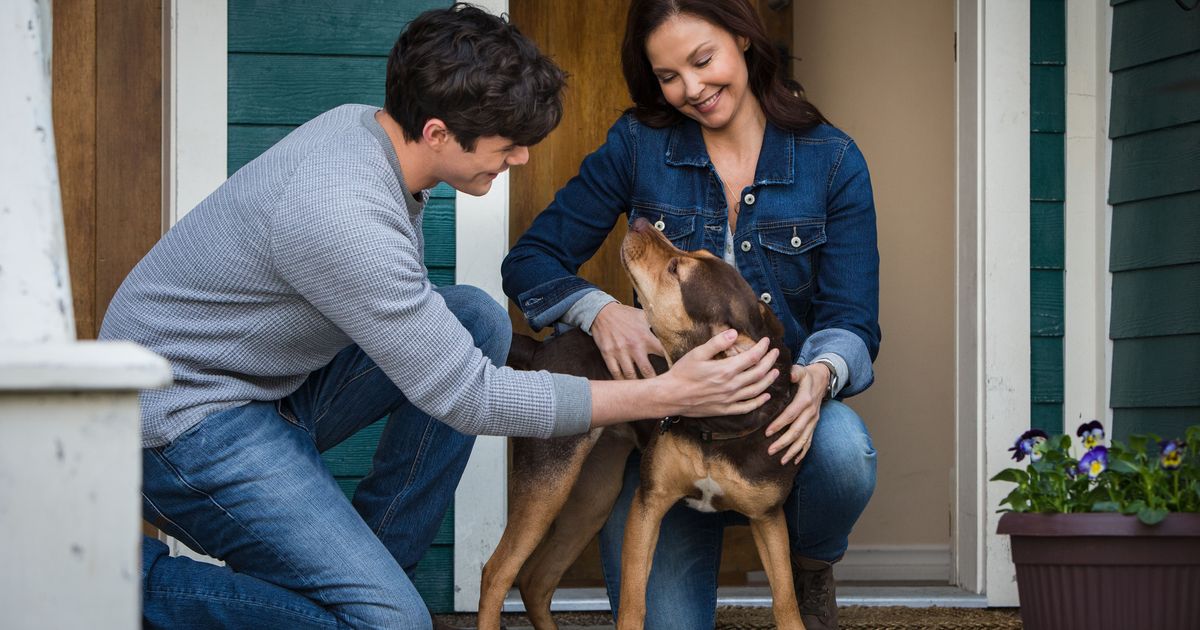
The size of your dog can significantly impact your daily life. Let’s explore the pros and cons of different sizes.
Small Breeds: Pros and Cons
Small breeds like Chihuahuas and Dachshunds are often easier to manage in small living spaces and can be less intimidating to those who are afraid of dogs. However, they may be more fragile and require careful handling.
Large Breeds: Pros and Cons
Large breeds such as Great Danes and Saint Bernards are known for their gentle giants’ nature. They make excellent family pets and can be impressive protectors. However, their size necessitates more space and can require more significant exercise.
Medium-Sized Breeds: A Balanced Choice
Medium-sized breeds like Bulldogs and Beagles strike a balance between small and large breeds. They are versatile, fitting well into various living situations, and often require moderate exercise.
Grooming Needs and Maintenance
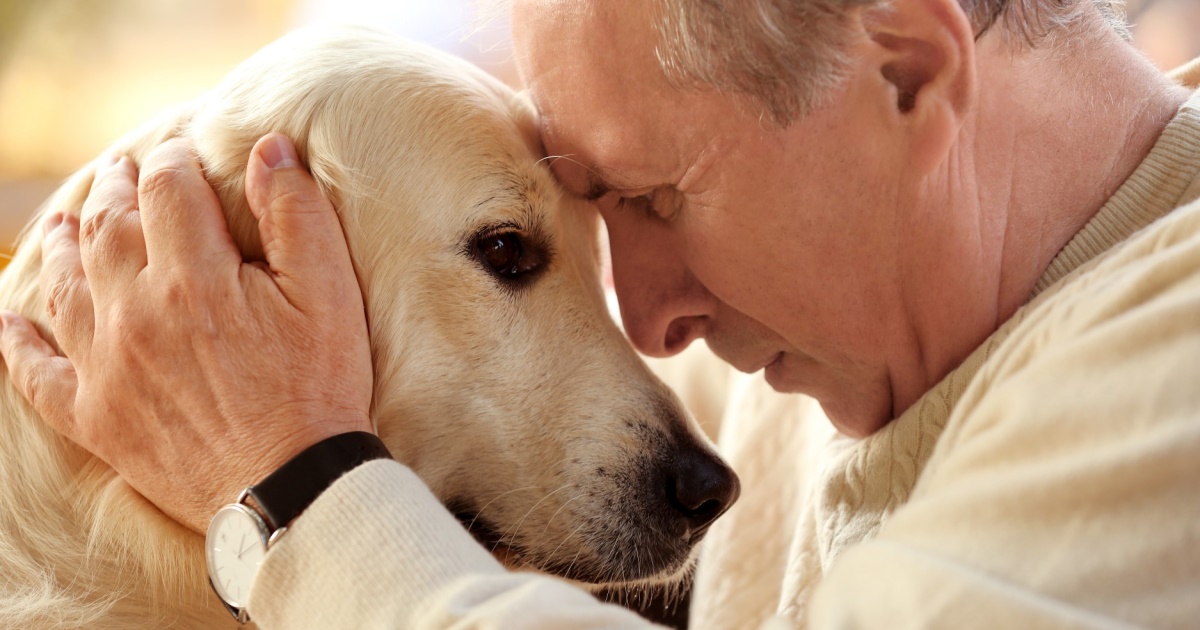
The grooming requirements of a dog can significantly affect your daily life.
High-Maintenance Breeds
Afghan Hound: With their long, flowing coats, Afghan Hounds require regular grooming to keep them looking their best.
Samoyed: These fluffy dogs need frequent brushing to prevent matting and maintain their iconic appearance.
Newfoundland: Known for their water-resistant coats, Newfoundlands require diligent care to keep their fur clean and healthy.
Low-Maintenance Breeds
Beagle: Beagles have short, easy-to-maintain coats that shed minimally.
Chihuahua: These tiny dogs have minimal grooming needs and are well-suited for those with busy schedules.
Doberman Pinscher: With their short, sleek coats, Dobermans require minimal grooming and shed less.
Coat Types and Allergies
The type of coat a dog has can impact allergies. Understanding different coat types is crucial for allergy sufferers.
Short-Haired Breeds
Boxer: Boxers have short, smooth coats that are less likely to trap allergens.
Bulldog: Bulldogs also have short coats that require minimal grooming and are less likely to trigger allergies.
Doberman Pinscher: Their short, sleek coats are easy to maintain and are less likely to cause allergies.
Long-Haired Breeds
Collie: Collies have long, flowing coats that require regular brushing to prevent matting.
Maltese: With their silky, long hair, Maltese dogs need meticulous grooming to keep their fur in top condition.
Shih Tzu: Shih Tzus have luxurious long coats that can be challenging to maintain, particularly for allergy sufferers.
Curly-Haired Breeds
Poodle: Poodles have tightly curled, hypoallergenic coats that shed minimally and are suitable for allergy-prone individuals.
Temperament and Personality
A dog’s temperament and personality can greatly impact your daily interactions and overall happiness.
Outgoing and Social Breeds
Labrador Retriever: Labradors are known for their friendly and outgoing nature, making them great for social individuals and families.
Beagle: Beagles are sociable dogs that enjoy the company of both people and other dogs.
Golden Retriever: With their gentle disposition, Golden Retrievers are a hit at social gatherings and family events.
Independent and Reserved Breeds
Chow Chow: Chow Chows are known for their independence and can be more reserved around strangers.
Afghan Hound: These elegant dogs tend to be aloof with people they don’t know well.
Basenji: Basenjis are independent thinkers and may not always be eager to please.
Protective and Loyal Breeds
German Shepherd: German Shepherds are fiercely loyal and protective, making them excellent watchdogs and family protectors.
Rottweiler: Rottweilers are known for their loyalty and protective instincts, but they require proper training and socialization.
Boxer: Boxers are loyal to their families and can be protective when the need arises.
Training and Intelligence
The trainability and intelligence of a dog breed can impact your daily life and the bond you form with your pet.
Highly Trainable Breeds
Border Collie: Border Collies are among the most intelligent and trainable dog breeds, excelling in obedience training and agility sports.
Poodle: Poodles are highly adaptable and quick learners, making them excellent candidates for various training activities.
Australian Shepherd: With their sharp minds and eagerness to please, Australian Shepherds thrive in obedience training and dog sports.
Independent-Minded Breeds
Siberian Husky: Huskies are known for their independent nature and can be a bit more challenging to train.
Afghan Hound: Afghan Hounds have an independent streak and may require patience during training.
Basenji: Basenjis are intelligent but often do things on their terms, which can be challenging for novice trainers.
Intelligence and Mental Stimulation
Regardless of your dog’s breed, mental stimulation is essential for a happy and well-adjusted pet. Puzzle toys, interactive games, and training sessions can keep your dog’s mind engaged and prevent boredom.
Health Considerations
Understanding the common health issues associated with specific breeds is essential for proactive healthcare.
Common Health Issues by Breed
Research the breed you’re interested in to learn about common health issues they may be prone to. This knowledge can help you provide the best care and catch potential problems early.
Lifespan and Long-Term Commitment
Consider the lifespan of the breed you choose. Smaller breeds often live longer than larger breeds. Remember that adopting a dog is a long-term commitment that can span a decade or more.
Responsible Breeding Practices
When choosing a breeder, opt for one who practices responsible breeding. This ensures the health and well-being of the puppies and helps reduce the risk of genetic health issues.
Adopting vs. Buying a Dog
Finally, consider whether to adopt a dog from a shelter or rescue organization or buy one from a breeder. Both options have their advantages and ethical considerations.
The Ethics of Dog Adoption
Adopting a dog from a shelter or rescue saves a life and helps reduce pet overpopulation. It’s a compassionate choice that provides a loving home to a dog in need.
Adoption Process and Resources
Learn about the adoption process, including visiting shelters, meeting potential pets, and the required paperwork. Many resources are available to help you navigate the adoption journey.
Responsible Breeders and Finding the Right Puppy
If you choose to buy from a breeder, research reputable breeders who prioritize the health and well-being of their dogs. Visit the breeder’s facility, ask questions, and ensure they follow ethical breeding practices.
Conclusion
Finding Your Perfect Canine Companion
By considering your lifestyle, preferences, and the unique qualities of different breeds, you can find the perfect canine companion to enhance your life.
Making a Lifelong Commitment
Remember that owning a dog is a long-term commitment that involves love, care, and responsibility for the entirety of their lives.
The Joy of Choosing the Best Dog for Your Lifestyle
Embrace the joy that comes with welcoming a furry friend into your life, and savor every moment of your journey together. Whether you choose an active breed, a low-energy companion, or a hypoallergenic friend, the love and companionship they provide will enrich your life in countless ways.
Frequently Asked Questions (FAQs) About Choosing the Best Dog Breed for Your Lifestyle
What factors should I consider when choosing a dog breed for my lifestyle?
When selecting a dog breed, you should assess your daily routine, living situation, activity level, and family dynamics. These factors will help determine the breed that best fits your lifestyle.
Are there dog breeds better suited for active individuals and families?
Yes, several dog breeds are known for their high energy levels and are ideal for active individuals and families. Some examples include Labrador Retrievers, Border Collies, and Golden Retrievers.
I have a more relaxed lifestyle; are there breeds that would be a good fit for me?
Absolutely! If you prefer a more relaxed lifestyle, there are breeds like Basset Hounds, Shih Tzus, and Bulldogs that are well-suited for a quieter pace.
What are hypoallergenic dog breeds, and how do I know if I need one?
Hypoallergenic dog breeds produce fewer allergenic proteins, making them a better choice for individuals with allergies. If you’re prone to allergies, consider breeds like Poodles, Maltese, or Portuguese Water Dogs.
Can you explain the pros and cons of small, medium, and large dog breeds?
Small breeds are more manageable in smaller spaces but may be more delicate. Large breeds are loyal and protective but require more space. Medium-sized breeds offer a balance, adapting well to various living situations with moderate exercise needs.
What grooming needs should I be aware of when choosing a dog breed?
Grooming needs vary by breed. Breeds like Afghan Hounds and Samoyeds have high grooming requirements, while Beagles and Chihuahuas have lower maintenance coats. Consider your grooming preferences and time availability.
Can you recommend dog breeds with specific coat types for allergy sufferers?
For allergy-prone individuals, breeds with short, non-shedding coats like Boxers or Bulldogs are good options. Additionally, some curly-haired breeds like Poodles are hypoallergenic.
How do I determine the temperament and personality of a dog breed?
A breed’s temperament can be influenced by genetics. Research each breed’s characteristics, talk to breeders, and consider their typical behavior traits. Temperament varies, so choose a breed that matches your personality and lifestyle.
What are the most highly trainable dog breeds, and which breeds are more independent?
Highly trainable breeds like Border Collies and Poodles excel in obedience training. Independent-minded breeds like Siberian Huskies and Basenjis may require more patience and consistency during training.
What should I know about responsible breeding practices and adopting a dog?
Responsible breeders prioritize the health and well-being of their dogs. When adopting, consider visiting shelters, meeting potential pets, and ensuring you’re ready for a long-term commitment. Both options have their advantages and ethical considerations.
In this comprehensive guide on choosing the best dog breed for your lifestyle, we’ve covered various aspects of finding your ideal canine companion. You can explore more about grooming needs and maintenance in our article on “Pets life and Love” which provides essential insights into keeping your dog’s coat in top condition. Additionally, if you’re considering adopting a dog, our piece on “The Adoption Process Demystified” sheds light on the step-by-step process and valuable resources for finding your perfect furry friend.
For further in-depth information on dog breeds and their suitability for different lifestyles, check out this informative article on Medium, a renowned authority on all things canine. They offer valuable insights into breed characteristics and temperament, helping you make an informed choice. If you’re interested in the ethics of dog adoption and responsible breeding practices, The Humane Society provides valuable resources and guidelines to ensure you make a responsible and compassionate decision when bringing a dog into your life.

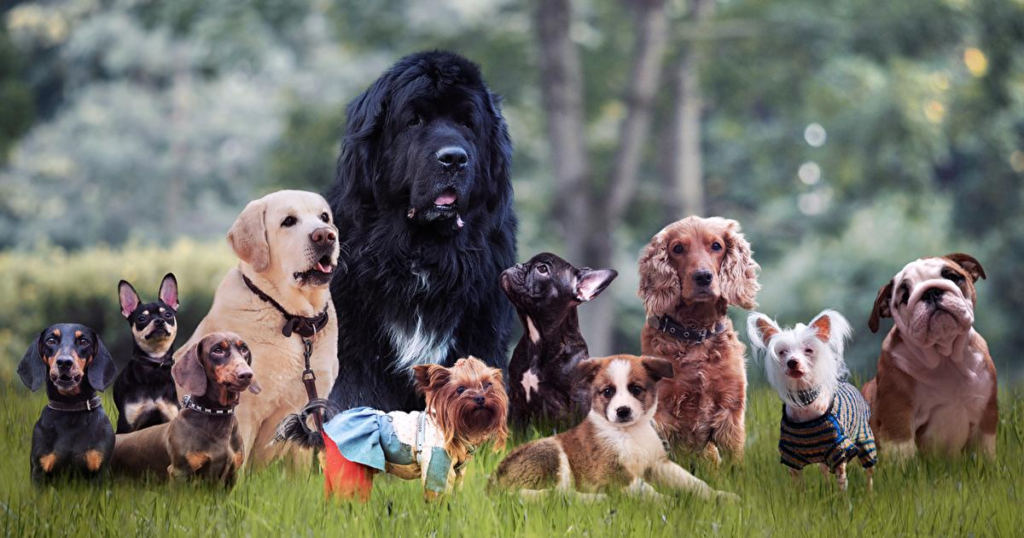
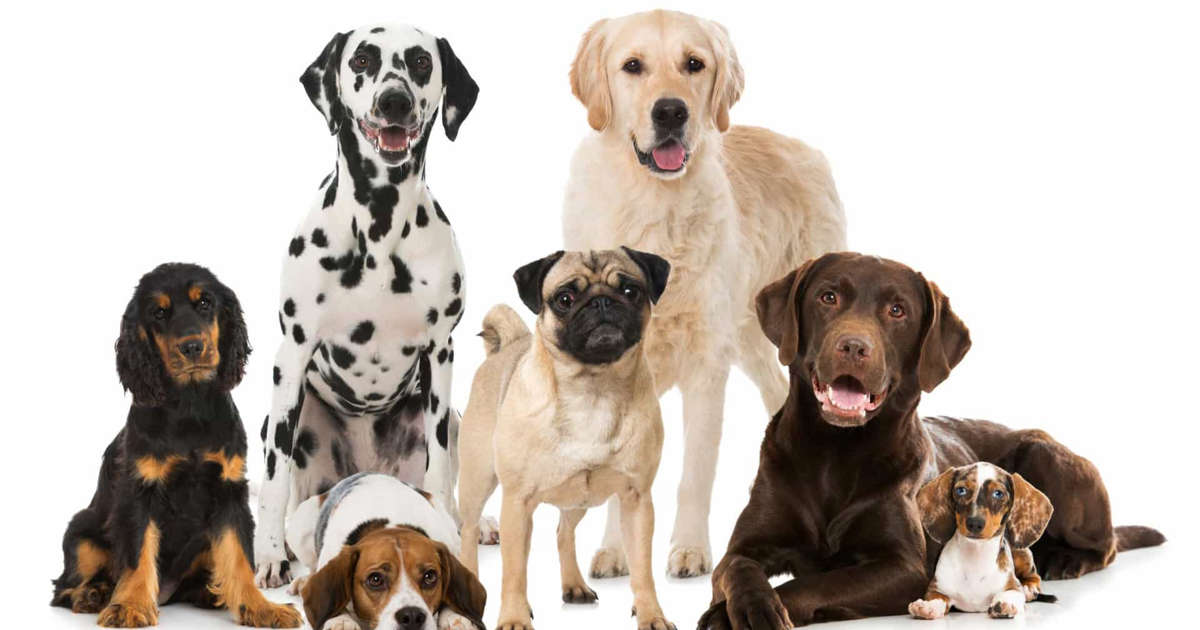




Uma resposta